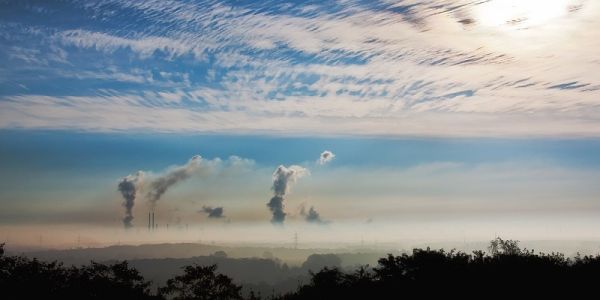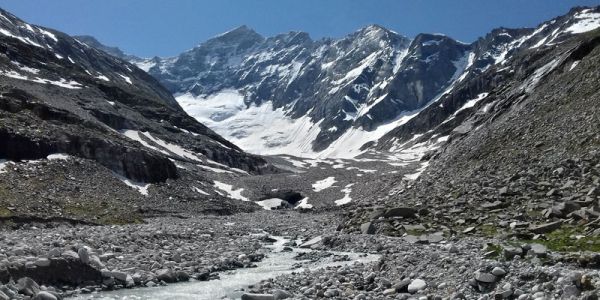
How fungi helped create life as we know it
Today our world is visually dominated by animals and plants, but this world would not have been possible without fungi, say University of Leeds scientists.

Today our world is visually dominated by animals and plants, but this world would not have been possible without fungi, say University of Leeds scientists.

An international team of scientists, led by the University of Leeds, has quantified the relationship between natural sources of particles in the atmosphere and climate change.

Shrinking glacier cover could lead to increased volcanic activity in Iceland, scientists have warned.

One of the largest global mass extinctions did not fundamentally change marine ecosystems, scientists have found.

Limiting the increase in global average temperatures to 1.5°C above pre-industrial levels is still geophysically possible, but requires more ambitious emission reductions, say scientists.

The UK’s 50 largest cities could save £7 billion annually and create over 90,000 years’ worth of extra employment by adopting simple measures to cut their energy use and counter climate change.

Researchers have called for urgent global action to address the effects of rapidly shrinking glaciers on ecosystems further downstream.

Beliefs in magical creatures can impact the protection of biodiversity, and the field of conservation needs to consider them seriously, researchers have warned.

New seismic surveys are challenging the view that recent slowdowns in Greenland’s ice flow will continue in the long term.

The largest remaining ice shelf on the Antarctic Peninsula lost nearly 10% of its area when an iceberg four times the size of London broke free earlier this month.